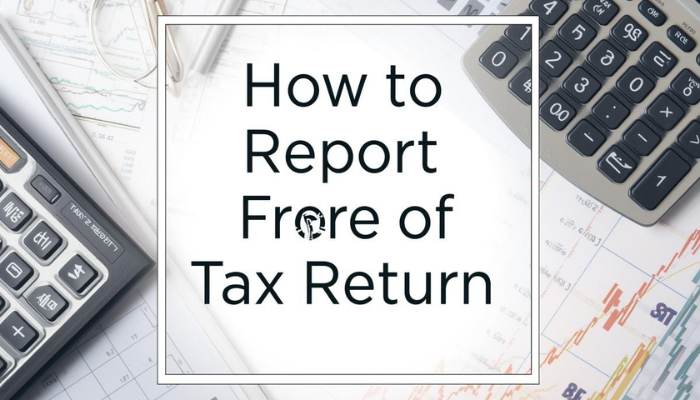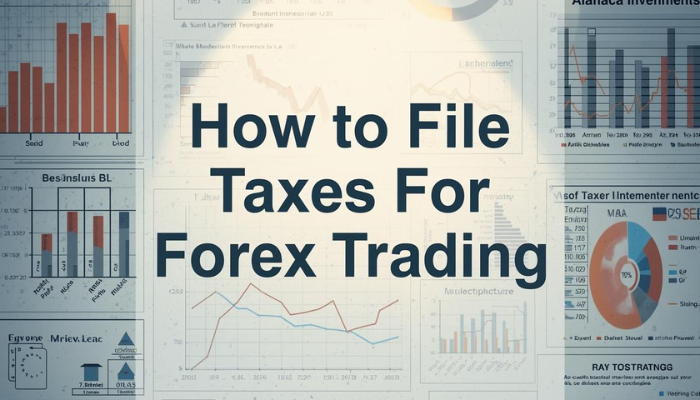
Are Tariffs a Tax?
A tariff is a levy. The government usually applies it to products and services that are imported or exported. But what does a tariff mean? Are tariffs a tax?
Tariffs are primarily used to control trade, safeguard home industries, and bring in money for the government. Depending on how they are applied and the state of the economy, tariffs take many different shapes and have varying effects.
To ease your quest for ‘Are tariffs a tax?’, our business property tax services present a detailed guide explaining tariffs, their taxation status, and their fundamental types.
How are Tariffs Calculated?
The trade-weighted average tariff rate is calculated by dividing the total tariff income by the total import value. Because it relies on data routinely published by several nations, this approach is commonly used to report average tariffs.
Are Tariffs a Tax?
Tariffs are a type of tax, indeed. However, they explicitly target commodities and services involved in international commerce, unlike other forms of taxation like income tax or sales tax.
Tariffs imposed by a nation on imports effectively raise the price of such items, increasing their cost to consumers. This extra expense is comparable to a tax and can affect trade dynamics, economic development, and consumer behavior.
What are the 4 Types of Tariffs?
The following are the four basic kinds of tariffs:
Ad Valorem Tariffs
Tariffs imposed on the value of imported products expressed as a percentage are known as ad valorem tariffs.
For instance, the duty amount on imported cars subject to a 10% ad valorem tax will be 10% of the stated value of each vehicle.
Ad valorem tariffs offer a proportionate increase in income as the value of imports increases and are easy to administer.
Special Tariffs
Regardless of the value of the imported items, specific tariffs are fixed monetary amounts. In contrast to ad valorem duties, these tariffs don’t change in response to price changes.
For example, a nation imposing a $5 per barrel particular tax on imported oil will continuously levy the same amount of duty, irrespective of oil price changes.
While specific tariffs might increase revenue-generating predictability, they may disproportionately impact items with lower prices.
Compound Tariffs
Compound tariffs combine ad valorem and special tariff components. These levies are created by combining a predetermined sum and a percentage of the import products’ value.
Compound tariffs seek to offer a fair and impartial strategy by combining elements of particular and ad valorem tariffs.
Mixed Tariff
A trade strategy known as a mixed tariff blends aspects of targeted and ad valorem duties. Ad valorem tariffs are percentages based on the value of the imported products. In contrast, specific tariffs are set amounts per unit of a good.
Both approaches are combined to determine import levies in a mixed tariff system. With this strategy, governments may reduce price and exchange rate swings, guaranteeing stable income streams and shielding domestic sectors to some extent. Regarding tariff modifications, mixed tariffs can be more precise and flexible than specified or ad valorem tariffs alone.
Tariff Rate Quotas (TRQs)
TRQs create a two-tiered tariff structure:
- A higher tariff rate is applied to amounts exceeding the quota
- A lower tariff rate is applied to imported commodities falling within a specific quota or threshold
TRQs are frequently used to regulate delicate crops or those with little potential for domestic manufacturing. They seek to balance the defense of homegrown sectors and the requirement for market access.
Read about residential property tax here.
Is a Tariff a Tax on Exports?
A tariff is generally a tax imposed on items crossing worldwide borders, and it could be applied to each imports and exports. An export tariff especially objectives goods leaving a rustic, serves as a way for governments to generate sales or manipulate the outflow of certain merchandise. While much less unusual than import tariffs, export price lists are usually levied on precious commodities or raw materials to alter their availability inside the domestic marketplace.
Do Exporters Pay Tariffs?
Yes, in cases where an export tariff is imposed, exporters must pay this tax to the government earlier than delivering items overseas. However, the query of who pays export tariffs depends on trade agreements and contractual phrases among buyers and sellers. While exporters to start with endure the tariff cost, they may pass it on to international buyers through higher product expenses. Understanding export tariff regulations is crucial for corporations to control costs and hold competitiveness in international markets.
The Bottom Line
Summarizing ‘Are tariffs a tax?’, you must know that they are an essential weapon governments use to control trade, safeguard homegrown industries, and make money. Comprehending its types is vital to grasp their influence on the dynamics of global commerce and the economy at large. Tariffs affect consumer pricing, market competitiveness, and international supply chains even though they might help attain some policy goals. To balance trade concerns and economic objectives, officials must consider the formulation and application of tariffs.
Read More:


